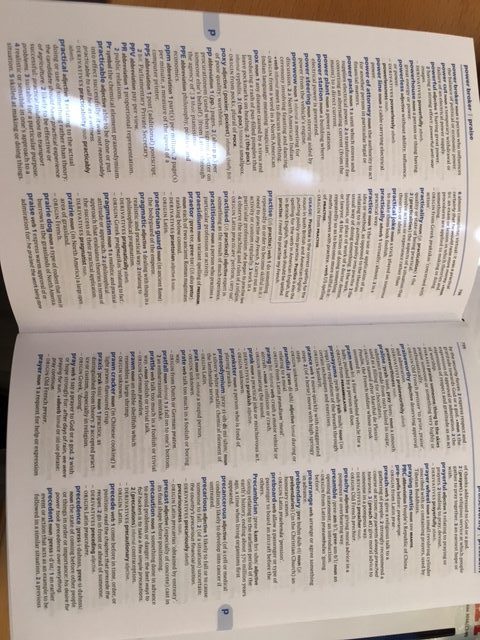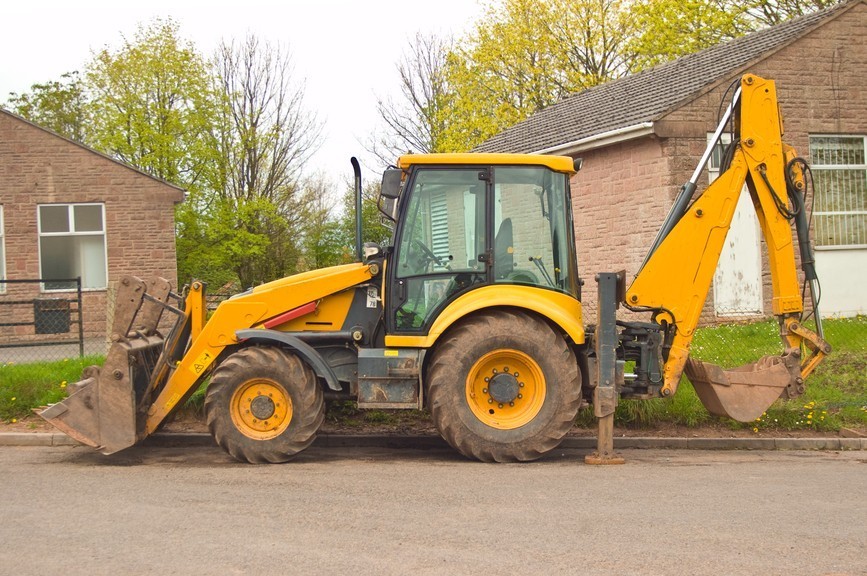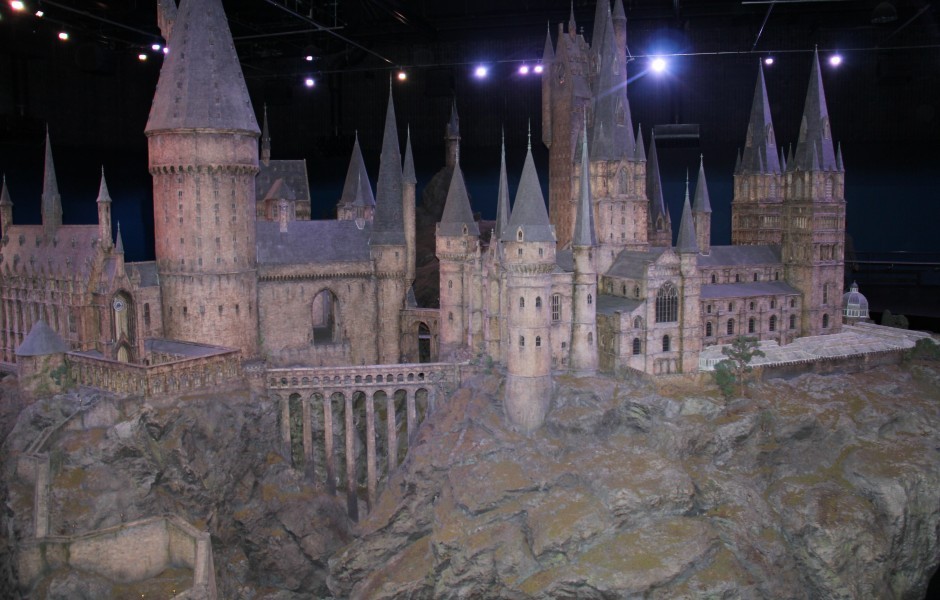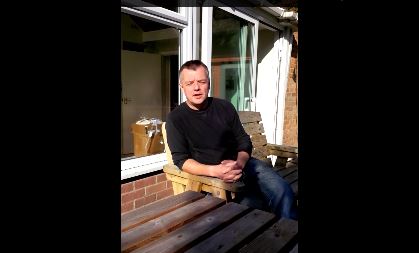I am hardly the most experienced of stand ups. Before last Saturday I had done three gigs – a total of about 24 minutes standing up in front of strangers trying to make them laugh. Admittedly this is 24 minutes more than most people, but still not really a career.
But I knew the basics.
First, start with a couple of bankers; a couple of lines almost certain to get at least a giggle. This calms everyone down, reassures the audience that they are not going to have to worry about you, and then you can drift off into the more bizarre and log winded stories.
Second, even if inside you are shaking like a new and over enthusiastic belly dancer, make sure you exude confidence and calmness. Otherwise your audience will sense your fear. Like animals, they can smell it.
Thirdly, mock the place you are in, or better still, the place nearby that they will all mock. Doesn’t need to be funny; does need to be geographically accurate.
But last week was different. Bridgwater’s Got Talent. A talent contest which I’d been invited to enter. The only comic on the bill, I was surrounded by ludicrously talented young people. I was, literally (and I am using literally literally here) more than twice the age of anyone else on stage. Including the compere.
And being a family gig I couldn’t use my tried and tested material about bodily fluids and the negative consequences of maleness. I also could not swear. To add to the challenge I was on at 745 in the evening with an audience that wasn’t really drinking.
So judge for yourselves, but given the circumstances I was grateful for the polite laughter and not disappointed that I didn’t get the much sought after wave after wave of laughter as one gag segues beautifully into the next and the crescendo of guffaws gradually hits a high point at exactly the right moment. The nirvana for comics; the moment that banishes the self doubt for at least half an hour, or until the valium and vodka kicks in
So thank you Bridgwater; a fun evening and good lesson for me. But I doubt you’ll be devastated to hear that I probably won’t be back! Or if I do return, it’ll be as a belly dancer.







